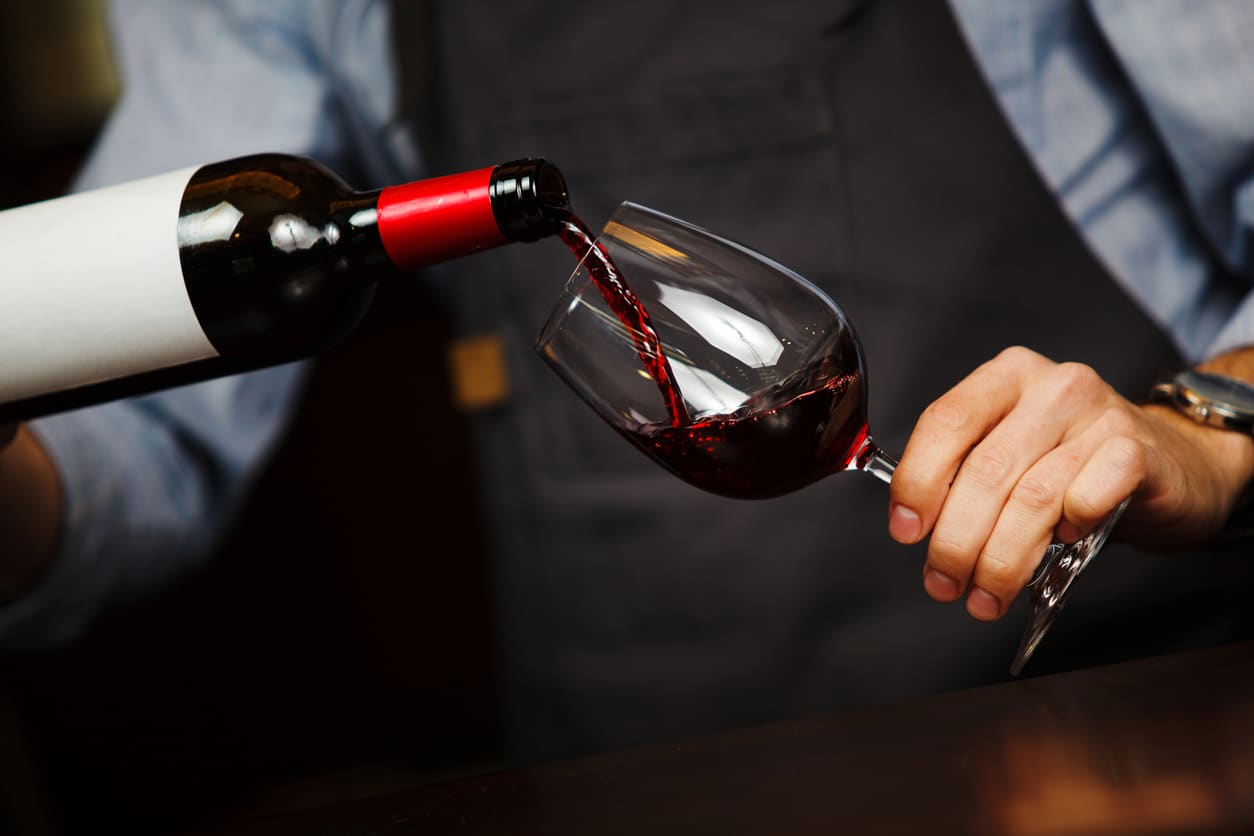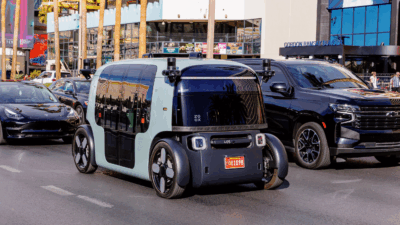
Sign up for smart news, insights, and analysis on the biggest financial stories of the day.
It’s not news that the robots are coming for our jobs — with everything from long-distance truck driving to telemarketing bowing down to their new AI overlords.
But now the bots are even rolling through the bucolic, sun-kissed vineyards of Tuscany — with traditional Italian winemakers embracing automation amid pandemic-induced labor shortages.
The Rise of RoboCrop
While other crops like corn have long been harvested mechanically, many old-world and high-end wineries still rely on human hands to pick their grapes in order to protect both tradition and the fragile fruits themselves.
But with borders shuttered by Covid travel restrictions, Italian winemakers haven’t been able to hire the (mostly Eastern European and North African) workers that typically fill their vineyards during harvest season. So they are replacing much of their seasonal workforce with machines:
- Giving new meaning to the term “Super Tuscan,” the use of harvesting machines spiked 20% this year among one group of winemakers in the central Italian region, according to The Wall Street Journal. For some, the gadgets have cut a typically 18-day harvest down to just 10.
- Pellenc, a leading harvesting-machine manufacturer, told the Journal it saw demand surge by 20% this past year — but the global supply shortage meant it couldn’t fulfil all the orders.
C3-Pinot: A lot of the world’s wine is already harvested mechanically — a process which has been around since the 1960s — though the technique varies by region, even within the U.S. The Oregon Wine Board last year said only around 25% of its harvest was now done by machines, while the vast majority of grapes in neighboring Washington are robot-plucked, according to the Seattle Times.
Rage Against the Machines: Still, some in the fine wine world are resisting the rise of the robo-pickers. French vineyards, which typically rely far less on migrant workers, have found it easier to eschew the machines, the WSJ reports — and in Champagne, the contraptions are banned entirely.











